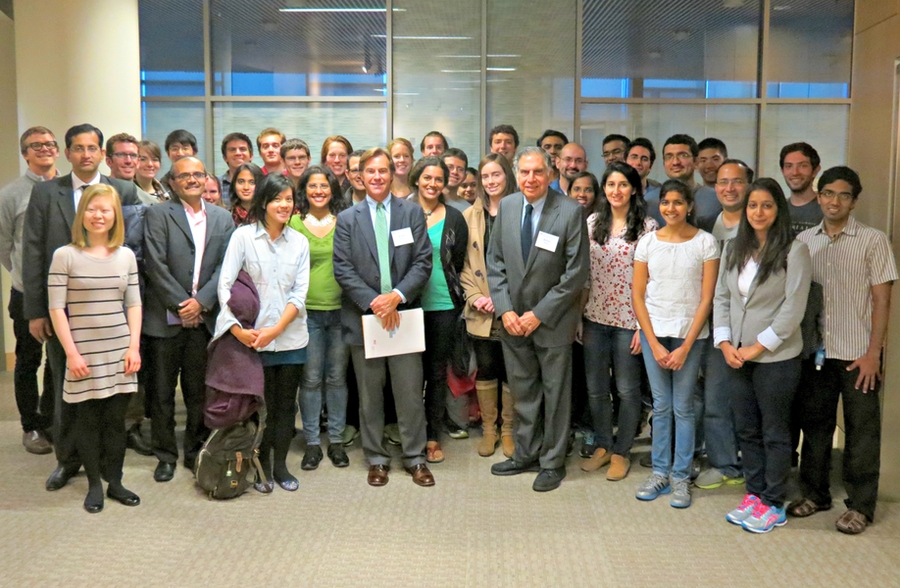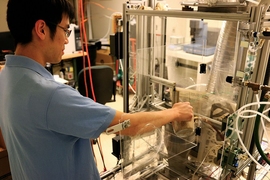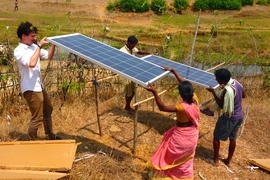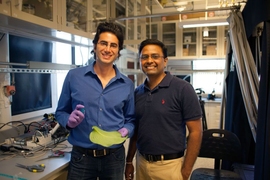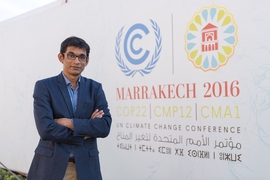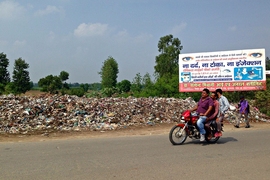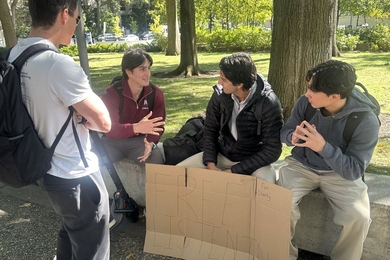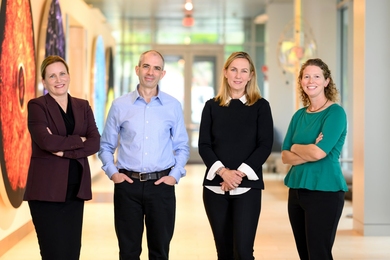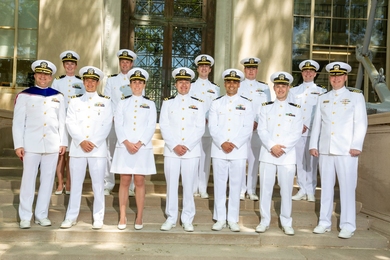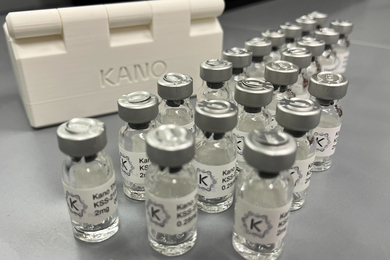The MIT Tata Center for Technology and Design has selected 14 proposals to receive funding during the 2017-18 academic year. Chosen from a highly competitive field of more than 50 submissions, the projects range across disciplines and span six focus areas: agriculture, energy, environment, health, housing, and water.
“We are delighted with this diverse new crop of projects,” said Diane Rigos, the Tata Center’s executive director. “Whether it’s in sustainable energy, clean water, or agricultural production, we feel that they have the potential to make a difference in the developing world.”
The newly-selected proposals join a portfolio of more than 40 active projects focused on improving lives in resource-constrained communities in South Asia, particularly India, and sub-Saharan Africa.
The new 2017-18 projects and principal investigators are:
- Low-cost, low-carbon structural components for housing in India: Caitlin Mueller of the Department of Architecture
- Mind the yield gap: An integrated tool to alleviate information gaps constraining crop yields: Chintan Vaishnav of the MIT Sloan School of Management and Chandra Madramootoo of the Department of Civil and Environmental Engineering
- Integrated gasification and combustion for efficient utilization of waste biomass: Ahmed Ghoniem of the Department of Mechanical Engineering, Sanjay Mahajani of the Indian Institute of Technology in Bombay, and Santosh Shanbhogue of the Department of Mechanical Engineering
- Soil moisture sensing using RFID tag-antenna based sensors: Sanjay Sarma of the Department of Mechanical Engineering
- Low-cost, high-temperature and pressure sterilization at One-Sun: Evelyn Wang of the Department of Mechanical Engineering
- Dry sampling technology for centralized analysis and management of water quality: Rohit Karnik of the Department of Mechanical Engineering, Chintan Vaishnav of the MIT Sloan School of Management, and A. John Hart of the Department of Mechanical Engineering
- A modified internal combustion engine to greatly reduce the cost of biomass to power: Leslie Bromberg of the Plasma Science and Fusion Center, Emmanouil Kasseris of the Department of Mechanical Engineering, and Wai Cheng of the Sloan Automotive Laboratory
- Robust nano-filtration membranes for household water treatment: Jeffrey Grossman of the Department of Materials Science and Engineering
- Portable hydrogen peroxide generation for distributed sanitation and water purification: Yogesh Surendranath of the Department of Chemistry
- Low-cost particulate matter filtration for mitigating PM from small to mid-sized diesel engines: Yuriy Roman of the Department of Chemical Engineering and Carl Kamp of the Department of Mechanical Engineering
- Improved kitchen air quality in Mumbai’s Dharavi settlement: Leslie Norford of the Department of Architecture, Ronita Bardhan of Stanford University, and Rishee Jain of Stanford University
- Capturing biogas as a sustainable energy source to power rural communities: Zachary Smith of the Department of Chemical Engineering
- An efficient battery management strategy for microgrids in India: James Kirtley of the Department of Electrical Engineering and Computer Science and Reja Amatya of the MIT Energy Initiative
- Robust point-of-care detection of urine-based tuberculosis biomarkers: Hadley Sikes of the Department of Chemical Engineering
The MIT Tata Center was founded in 2012 with the generous support of the Tata Trusts.
